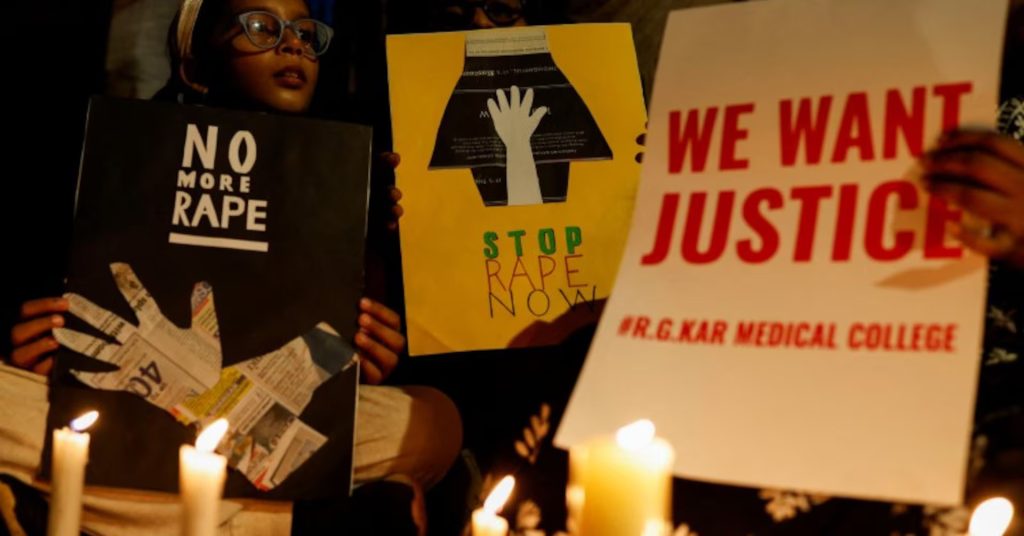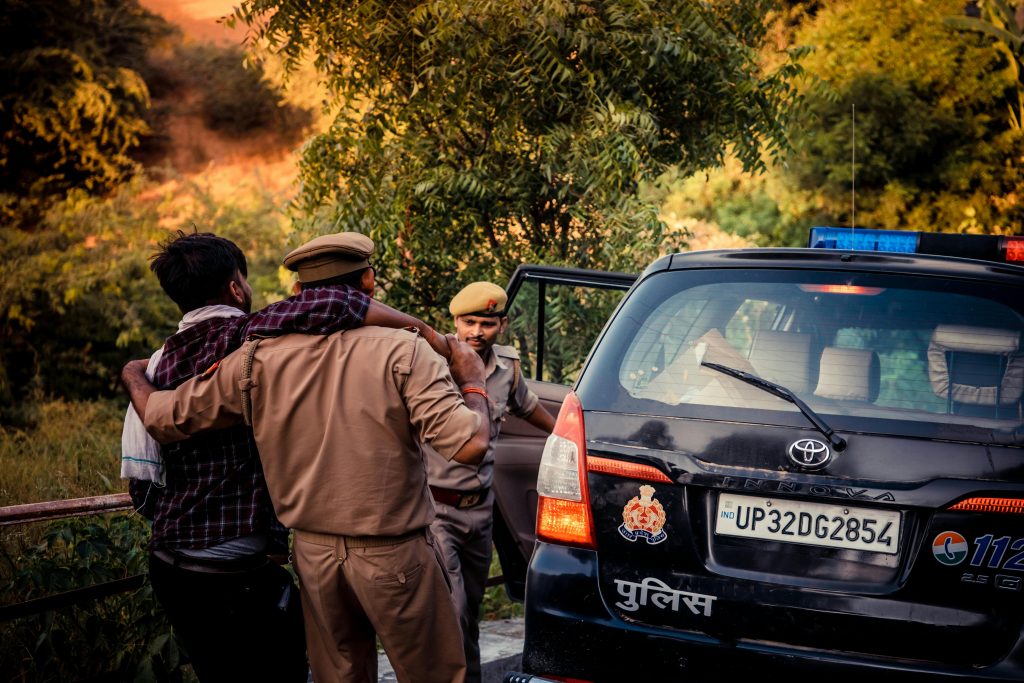Why is justice mostly delayed?
It is frustrating, right? The way justice takes so long sometimes (most times)? At school, if you misbehave with a teacher, you’re immediately punished—kicked out of class, parents called.
But in other situations, why does justice take so long to come? To the point where you feel like punching the wall, painting public walls with slogans, and screaming WE NEED JUSTICE on national television… It gets annoying, doesn’t it?
I’ll tell you what – Everything in this world is about power.
Take the food chain – the powerful ones always eat the weak ones. Lions eat rabbits, rabbits eat grass. It’s the same in families and offices too. Those with the most power, like parents, decide what to eat or where to go, and kids just follow along. Those in senior positions have more say, make more money, and arrive late without consequences.
Take celebrities, for example. When something happens to them, it’s all over the news, and social media, and everyone talks about it. But when it comes to something serious, like domestic violence, most people stay silent. Why is that? (answer at the end)
Ruko, let me explain all this with some more examples.

1/ If someone is molested and has political connections or is part of a powerful family, justice is usually served quickly. While specific statistics regarding cases against politicians were not detailed in the latest NCRB report, previous analyses clearly show that a large number of cases involving politicians are often withdrawn or dismissed before reaching trial. Winning office can lead to favourable outcomes for some while leaving others in limbo.
2/ As of 2023, there are over 49 million pending cases in Indian courts. This backlog has grown because of insufficient judges and poor infrastructure. There are only 15 judges for every million people, which is way below the recommended 50 judges. This means that even if someone is innocent and waiting for justice, they could be stuck for years just because the system is overloaded. Why is this again? Power dictates so.
3/ Over 44.8 million cases are pending across various Indian courts, which includes both civil and criminal cases. This is how slow the justice system can be for ordinary people compared to those with power.
4/ In schools, if the class monitors gossips or breaks rules, they often get away with it because they hold a position of power – a very small example of how authority can easily escape consequences that others wouldn’t.
What is the point of all this?
See, at the end of the day, there’s no denying that justice continues to be influenced by power dynamics and there’s not very much that we can do about this fact. But as bystanders, we can only recognize this imbalance and speak up for what’s right. We can shape opinions and advocate for change. By collectively raising our voices against injustice and supporting those who are powerless, we can try to create a fairer society.
After all, if there’s something that holds real power, it is opinions.
Now, I’ve mentioned how people go gaga over celebrities and say ‘personal matter hai’ to domestic violence cases. Why does this happen?
Yet again, it’s all about power.
Celebrities have influential power because they’re popular and have millions of followers who listen to them. Now there’s also financial power involved because media outlets, magazines, and brands make money by covering their lives and exposing the ‘drama’. There’s potential political power at play because these big celebrities often have connections and get biased support from the ‘big people’. Wrong is wrong, be it happening in an Alto800 or a Rolls-Royce Boat Tail.
Views are personal to the author and don’t represent the views and opinion of the organisation.
Author
Browse by Category


